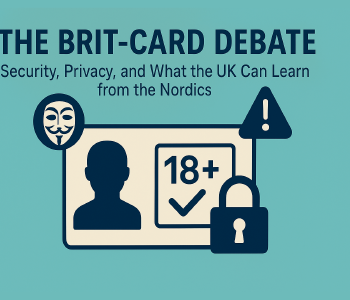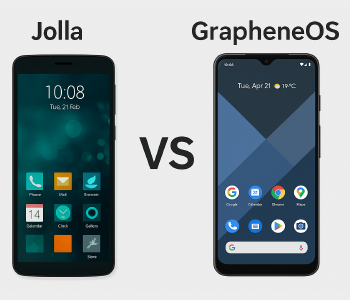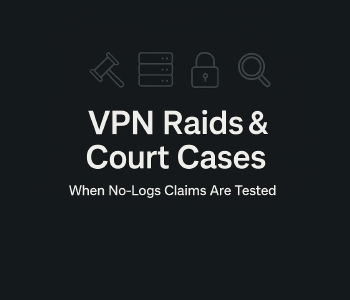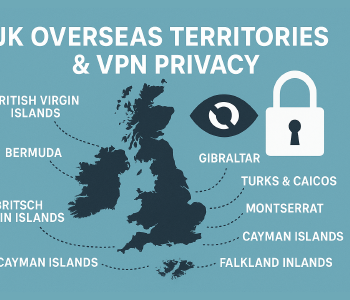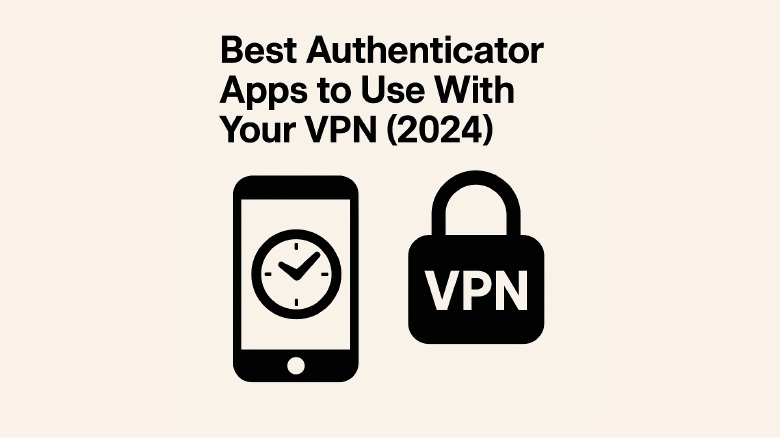
🔐 Best Authenticator Apps to Use With Your VPN (2024)
Your VPN keeps your data safe in transit. But what happens if someone gets your login? That’s where authenticator apps come in. They add a second step to your login — usually a code that changes every 30 seconds — so even if someone has your password, they can’t get in.
If you’re using a VPN to protect your privacy, you should definitely be using two-factor authentication (2FA) for the account that manages it. Let’s look at the best authenticator apps right now — and which ones work best depending on how you use your VPN.
🧰 What Makes a Good Authenticator App for VPN Users?
Before we get into the list, here’s what matters most:
- Works without Wi-Fi or data (important when you’re traveling or using a VPN to access blocked content)
- Lets you back up your codes safely especially important if you lose your phone
- Syncs across devices if you want that convenience
- Respects your privacy — no trackers or unnecessary data collection
🥇 Our Top Authenticator Picks (2024)
✅ Authy
Best for: People using VPNs on multiple devices
- Syncs across phones, tablets, and desktops
- Has encrypted cloud backup (but you can turn it off)
- Works offline too
You’ll need a phone number to set it up, but it’s solid for most users who want backup and flexibility.
✅ Google Authenticator
Best for: Simplicity and quick setup
- Free and easy to use
- Now supports encrypted cloud backup (finally!)
- Offline by default
It’s basic — and that’s the point. Works best if you just want a simple way to lock down your VPN login.
✅ Bitwarden Authenticator
Best for: Users who already use Bitwarden for passwords
- Built into Bitwarden’s password manager
- Stores your 2FA codes in your encrypted vault
- Great if you’re already logging into VPNs with Bitwarden
You get everything in one place, but you’ll need a Bitwarden Premium account for TOTP support.
✅ Aegis Authenticator (Android)
Best for: Privacy-first users on Android
- Open-source and ad-free
- Local-only storage with strong encryption
- Optional biometric unlock
If you don’t want your 2FA codes in the cloud, this is one of the safest offline options out there.
✅ Ente Auth (Android + iOS)
Best for: Privacy with sync across platforms
- Fully open-source
- End-to-end encrypted sync
- Cross-device support without compromising your data
It’s newer, but gaining trust fast. A solid pick for those who want backup and privacy.
✅ Yubico Authenticator + YubiKey
Best for: People who want physical security
- Codes stored on your YubiKey — not your phone
- Works via NFC or USB
- You need the hardware key to access your codes
More setup. More security. Great if you want maximum protection (and don’t mind carrying a YubiKey).
🔎 Not Sure Which to Pick? Here’s What to Ask Yourself
👉 Do you lose phones easily or use multiple devices?
Go with Authy or Ente Auth. They’ll sync and back up your codes.
👉 Want the most private setup possible?
Use Aegis (Android) or pair Yubico Authenticator with a hardware key.
👉 Already using a password manager like Bitwarden?
Stick with Bitwarden Authenticator — it’s built in, and it works.
👉 Just want something simple that works offline?
Google Authenticator does the job without any fuss.
🔒 Quick Setup Tips for VPN Users
- Turn on 2FA for your VPN account (check your provider’s settings page)
- Save your recovery codes somewhere secure — not in your inbox
- If your app supports backup, encrypt it
- Test it once before logging out of your VPN dashboard
💬 Final Word
Using a VPN without 2FA is like locking your front door but leaving the key under the mat. Any one of these authenticator apps will give you that second layer of security — and most are free.
Pick the one that fits your setup best, and you’ll be one step closer to real online privacy.



